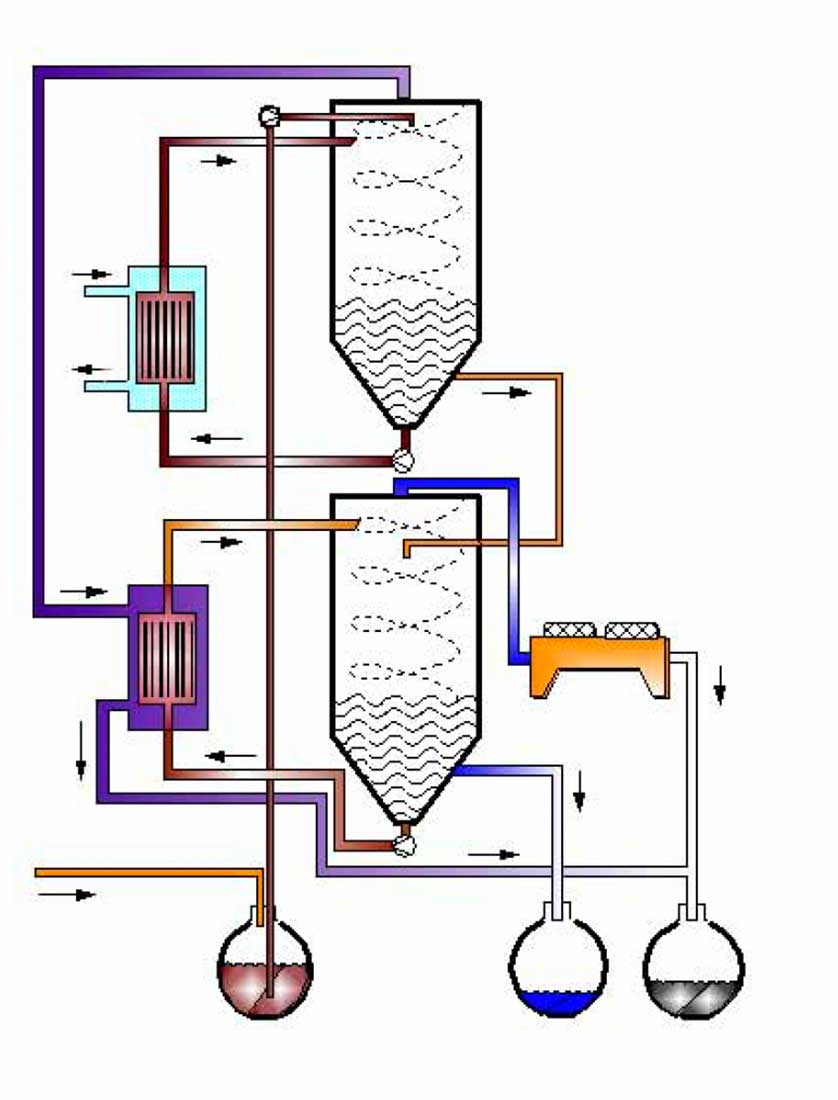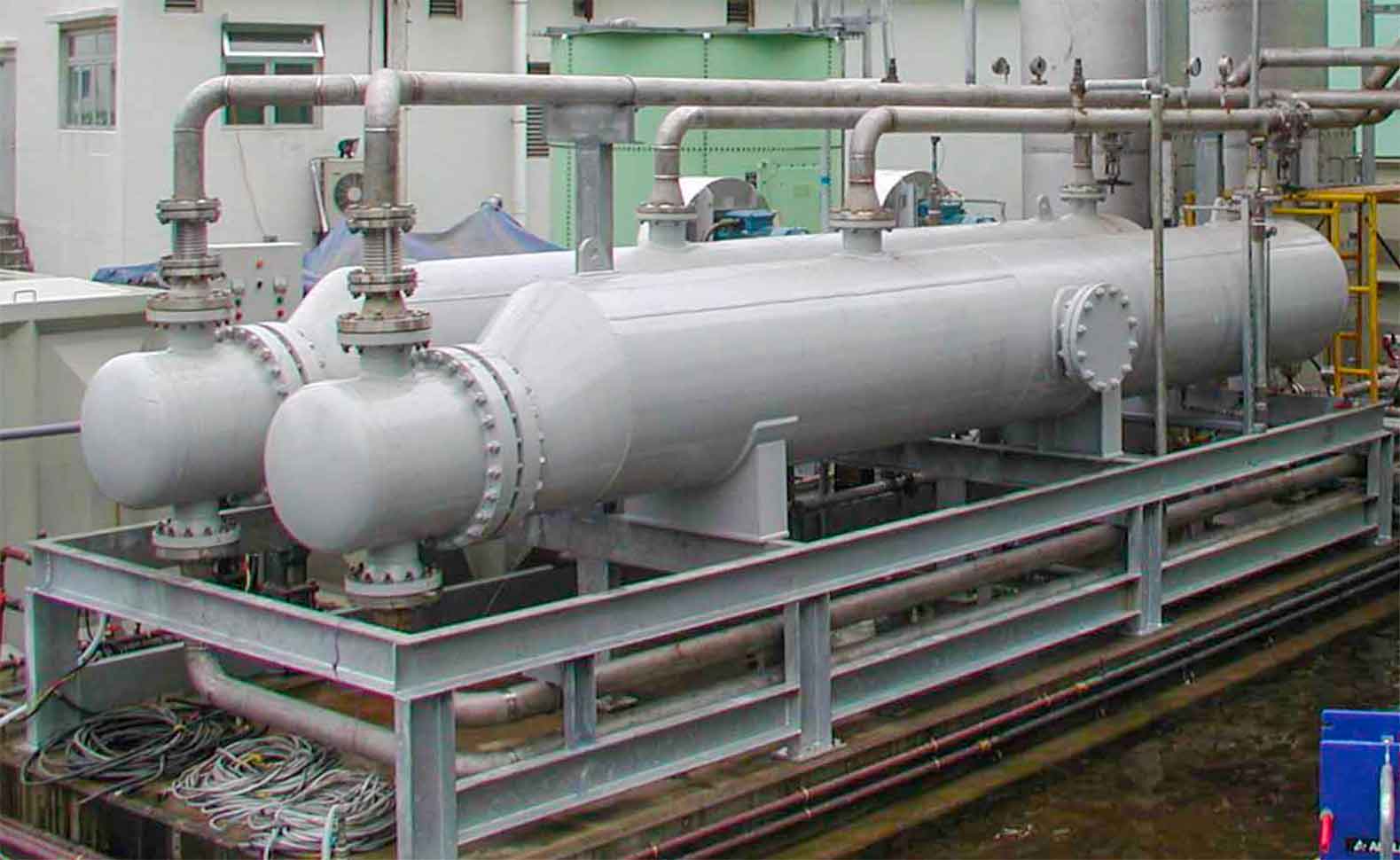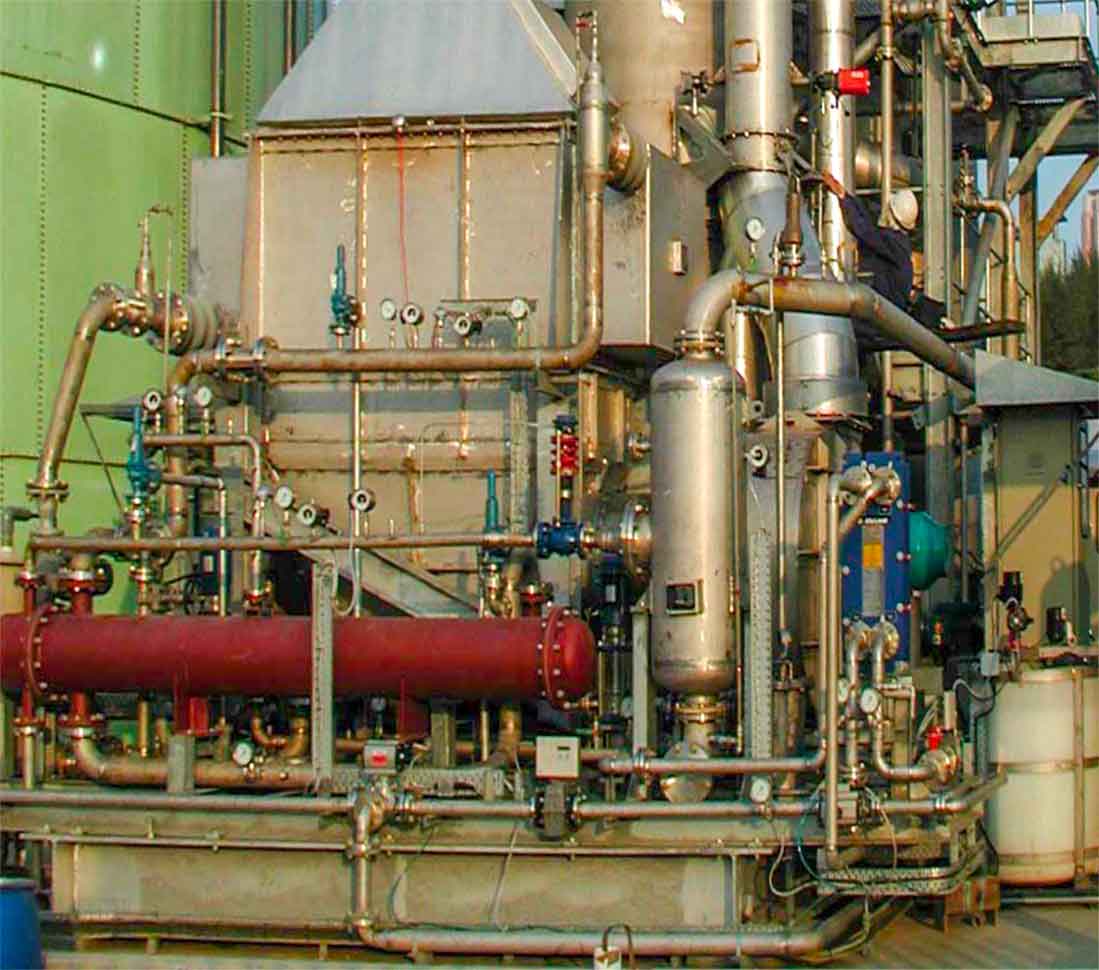Leachate Evaporation
leachate disposal using heat
Disposal of leachate remains one of landfill engineering’s greatest challenges. Using natural or waste heat to evaporate leachate is a tried and tested technique employed on many landfill sites around the globe. Organics has many years of experience in assessing the situation and ensuring that the most appropriate technology is employed to ensure that leachate remains a manageable
LEACHATE EVAPORATION
Disposal of leachate remains one of landfill engineering’s greatest challenges. Using natural or waste heat to evaporate leachate is a tried and tested technique employed on many landfill sites around the globe. Organics has many years of experience in assessing the situation and ensuring that the most appropriate technology is employed to ensure that leachate remains a manageable
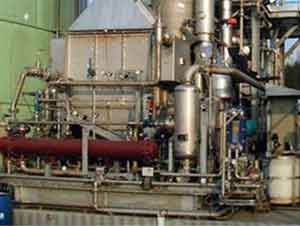
Hidden
Your content goes here. Edit or remove this text inline or in the module Content settings. You can also style every aspect of this content in the module Design settings and even apply custom CSS to this text in the module Advanced settings.
Information
Landfill leachate treatment remains a key parameter in the successful engineering of a landfill site. It is critical that leachate is collected and stored safely so that its removal can be effected using the best available technology.
In the case of evaporation, leachate can be removed using heat either directly using landfill gas to generate the required heat. Other heat sources include using solar energy either in an enclosed space or by creating micro-drops which increase the surface area over which evaporation can take place. Yet another uses waste heat either from landfill gas destruction of power generation engines.
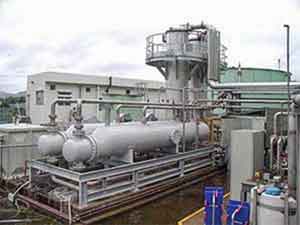
Hidden
Your content goes here. Edit or remove this text inline or in the module Content settings. You can also style every aspect of this content in the module Design settings and even apply custom CSS to this text in the module Advanced settings.
Evaporators
Where there is waste heat available, forced evaporation of large quantities of leachate can be considered and offers a relatively cheap mechanism of disposal.
The systems offered by Organics can operate at above and below 100ºC, with the latter requiring a vacuum to reduce the boiling point.
Organics has significant experience in designing and fabricating bespoke leachate evaporation units. Systems that have been designed and built include forced-feed evaporators, kettle reboilers, saturated air-stream condensers for energy recovery, economisers for waste heat recovery from exhaust gases, and humidifier evaporators.
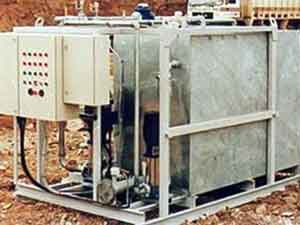
Hidden
Your content goes here. Edit or remove this text inline or in the module Content settings. You can also style every aspect of this content in the module Design settings and even apply custom CSS to this text in the module Advanced settings.
Key Features
- Leachate volume reduction by means of waste heat
- Pressure and vacuum systems available, subject to the waste heat grade
- Open and closed loop systems
- Closed loop condensation systems for additional thermal efficiency
- Open-loop disposal to enclosed flare
- Multi-stage systems for maximum concentration
- Flow range from 10 cubic metres per day to 2,000 cubic metresper day
- Material grades selected for duty
- Optional on-line monitoring systems
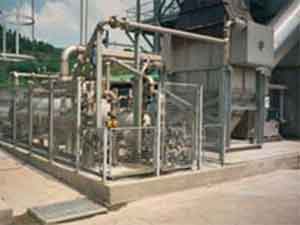
Hidden
Your content goes here. Edit or remove this text inline or in the module Content settings. You can also style every aspect of this content in the module Design settings and even apply custom CSS to this text in the module Advanced settings.
Selection
To determine the optimum process route for any given situation, it is normally necessary to carry out a detailed study of the site and consider all the available options.
The basic information required is usually as follows:
- Leachate flow rate
- leachate composition>/li>
- whether or not waste heat is available
- Options for the disposal of any concentrate
- Site-specific conditions that may restrict the choice of technology site as regulations, environmental consideration, etc.
Each reboiler or condenser supplied by the Organics Group is designed in accordance with the recommendation of TEMA (the Tubular Exchanger Manufacturers Association), and all calculations are subject to rigorous checking procedures.
System Design
Cost-effective operation is usually achieved with a two or four stage evaporator. Each stage is identical in design to the others and is equipped with a circulation pump, a fluidised bed heat exchanger, and an evaporator vessel.
Please download our datasheet for further information and click on the images to see examples of equipment that has been supplied by the Organics Group.
Send download link to:

